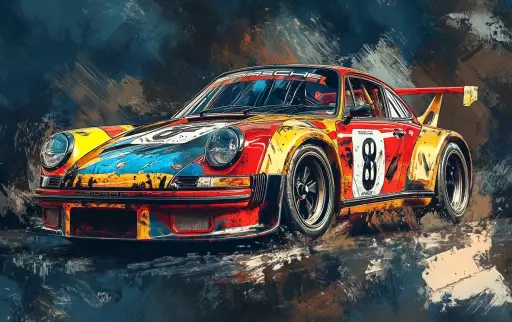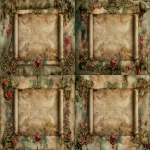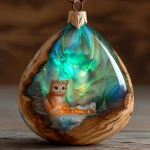Explore the Best AI Image Gallery

Beyond Pixels: AI-Generated Media and the Evolving Creative Landscape
The realm of creativity is undergoing a profound metamorphosis, driven by the emergence of artificial intelligence (AI) and its capacity to generate media content. From captivating images and compelling narratives to original music and interactive experiences, AI is redefining the boundaries of artistic expression and challenging traditional notions of authorship and originality.
A New Arsenal for Creators
AI-powered tools are providing creators with an unprecedented arsenal of capabilities. Imagine:
- Artists leveraging AI algorithms to conceptualize intricate designs, rapidly iterate on ideas, and explore novel aesthetics.
- Writers collaborating with AI to overcome writers block, generate diverse plotlines, and refine their prose.
- Musicians utilizing AI to compose innovative melodies, experiment with unique soundscapes, and even create personalized musical experiences.
These are just a few examples of how AI is empowering creators to push the boundaries of imagination and accelerate their creative processes.
The Potential for Innovation
Beyond augmenting individual creativity, AI-generated media holds immense potential to revolutionize entire industries. Consider:
- Personalized Entertainment: AI could craft bespoke narratives, music compositions, and gaming experiences tailored to individual preferences.
- Democratization of Content Creation: Anyone with an idea, regardless of their technical skills, could leverage AI tools to bring their vision to life.
- Enhanced Accessibility: AI-powered translation and captioning could make creative content more accessible to a global audience.
Ethical Considerations
While the possibilities are undeniably exciting, the rise of AI-generated media also raises critical ethical considerations. We must grapple with:
- Authorship and Ownership: Who owns the copyright to AI-generated works? How do we attribute credit when human and machine collaboration is involved?
- Bias and Representation: AI algorithms are trained on vast datasets, which can perpetuate existing societal biases. Its crucial to ensure that AI-generated content reflects diverse perspectives and avoids harmful stereotypes.
- Misinformation and Manipulation: The ability to create highly realistic synthetic media raises concerns about the spread of misinformation and the potential for manipulation.
Shaping the Future of Creativity
As AI continues to evolve, its imperative that we engage in thoughtful discussions and establish ethical guidelines to navigate this new terrain. The future of creativity lies in a harmonious collaboration between human ingenuity and artificial intelligence, where technology empowers us to explore uncharted territories of artistic expression and innovation.
Key Takeaways:
- AI-generated media has the potential to revolutionize creative industries by providing new tools and possibilities for artists, designers, and innovators.
- Ethical considerations surrounding authorship, bias, and misinformation must be carefully addressed as AI technology advances.
- The future of creativity lies in a collaborative partnership between human imagination and artificial intelligence.

](https://images.ai-img.art/thumbnails/150/031692dcf8fbf869092e8cea50f9411a45dadc1f189ea67b8dece8e02952a7e3.webp)



](https://images.ai-img.art/thumbnails/150/7599c9e7507c77a975081d554947c9dea123e678a7ece42d30f571f639620598.webp)



](https://images.ai-img.art/thumbnails/150/efd8a9ad06ef2c72e3378698ad5e592d3d2bf8eff85c25e75db7c9902c7be353.webp)


